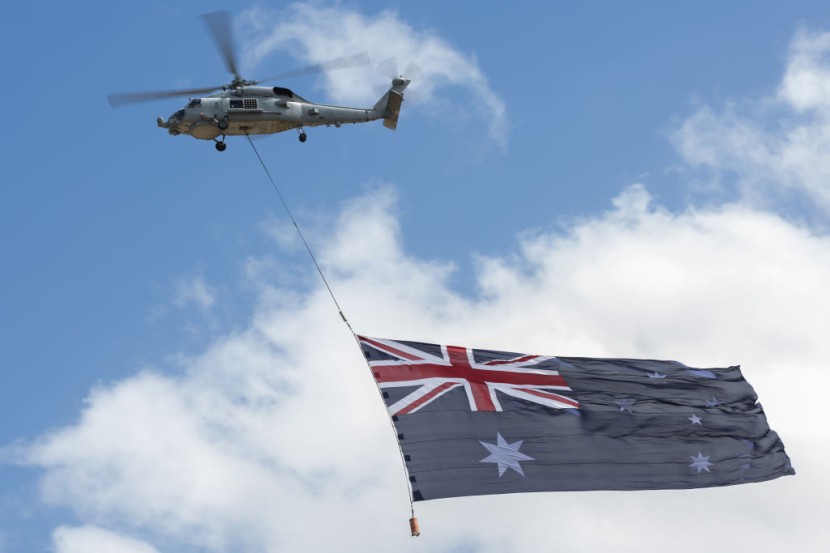
Australian Strategic Policy Institute senior fellow Anthony Bergin released an opinion article in the Sydney Morning Herald Wednesday, June 7, Australian time, saying it is important for Australia to bind itself to Taiwan in order to prevent a war with China.
The piece came after prime minister Anthony Albanese warned China about its incursions into Taiwan when he spoke at the Shangri-La Dialogue in Singapore. "If you don't have the pressure valve of dialogue," he said, "then there is always a much greater risk of assumptions spilling over into irretrievable action and reaction."
Bergin: China a Threat to Taiwan's Security, Australia's Economy
In response, Bergin stated Taiwan is Australia's "fifth largest export market", and it would be a great strategic risk to lose Taiwan should it fall to Beijing's rule. "Taiwan is critical strategic terrain," he said. "Chinese control over the 24 million free people of Taiwan would shift the strategic balance in Asia."
The loss of Taiwan, Bergin claimed, would break the so-called "first-island chain" composed of Taiwan, the Philippines, and Japan and would move freely to closely connect it with the Solomon Islands, which, until recently, recognized Taiwan as the legitimate government of all of China.
Taiwan's strategic significance is tied to its location, Bergin stressed, as it would be a "great location" to interdict sea lanes through the South China Sea. "The loss of Taiwan would shatter US strategic credibility," he said. "Many countries of the region would try to cut what deals they could with China."
He further warned Beijing's flexing of military forces was "clearly designed for power projection" beyond Taiwan.
Defense and Trade as Suggestions to Strengthen Taiwan
In order for Australia to bind itself with Taiwan, Bergin suggested for Canberra to exchange defense attaches with Taipei. "Our defense officials and military officers, who can now only fly over but not visit Taiwan, should hold meetings on various topics, such as intelligence sharing," he added.
Another suggestion was for the Australian government to exchange information with Taiwan on foreign interference to bolster the island nation's efforts to win the information and morale war, as well as in national resilience to strengthen Taiwan in terms of disaster preparedness, response, and recovery.
One other suggestion Bergin provided was for Australia to adopt Taiwan's "porcupine" military strategy, similar to the one used in Ukraine.
Bergin went on to stress the importance for both countries to have a free trade agreement to "strengthen [Taiwan's] economy and serve [Australia's] trade interests," as well as "explicitly" welcoming Taiwan's application to join the Comprehensive and Progressive Agreement for Trans-Pacific Partnership. "The more willing we are to support Taiwan's security, the less likely it is we would ever need to fight for Taiwan," he said.
Related Article: Ben Roberts-Smith Verdict: Australian Soldier Loses Defamation Case, Judge Says Newspapers Established Truth of War Crimes








